Search
Remove Ads
Advertisement
Search Results

Definition
Zeno of Elea
Zeno of Elea (l. c.465 BCE) was a Greek philosopher of the Eleatic School and a student of the elder philosopher Parmenides (l.c. 485 BCE) whose work influenced the philosophy of Socrates (l. c. 470/469-399 BCE). Zeno and Parmenides are both...

Definition
Aristippus of Cyrene
Aristippus of Cyrene (l. c. 435-356 BCE) was a hedonistic Greek philosopher who was one of Socrates' students and founder of the Cyrenaic School of philosophy which taught that pleasure and the pursuit of pleasure was the highest good and...
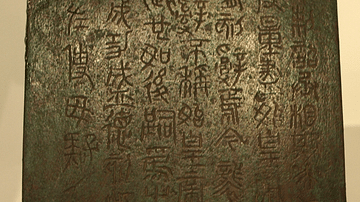
Definition
Legalism
Legalism in ancient China was a philosophical belief that human beings are more inclined to do wrong than right because they are motivated entirely by self-interest and require strict laws to control their impulses. It was developed by the...

Definition
Gottfried Wilhelm Leibniz
Gottfried Wilhelm Leibniz (1646-1716) was a German polymath who became well-known across Europe for his work, particularly in the fields of science, mathematics, and philosophy. Leibniz's rationalist philosophy attempted to reconcile traditional...

Definition
Anaximander
Anaximander of Miletus (l. c. 610 - c. 546 BCE) was one of the early Pre-Socratic Philosophers who lay the foundation for the deveopment of Western Philosophy. He was a student of Thales of Miletus (l. c. 585 BCE), recognized as the first...
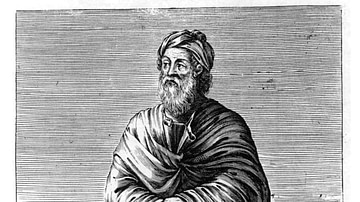
Definition
Xenophanes of Colophon
Xenophanes of Colophon (l. c. 570 to c. 478 BCE) was a Greek philosopher born 50 miles north of Miletus, a city famed for the birth of philosophy and home to the first Western philosopher, Thales of Miletus (l. c. 585 BCE). He is considered...

Definition
Charvaka
Charvaka (also given as Carvaka) was a philosophical school of thought, developed in India c. 600 BCE, stressing materialism as the means by which one understands and lives in the world. Materialism holds that perceivable matter is all that...
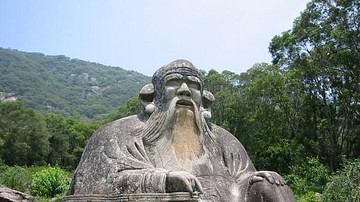
Definition
Taoism
Taoism (also known as Daoism) is a Chinese philosophy attributed to Lao Tzu (c. 500 BCE) which developed from the folk religion of the people primarily in the rural areas of China and became the official religion of the country under the...
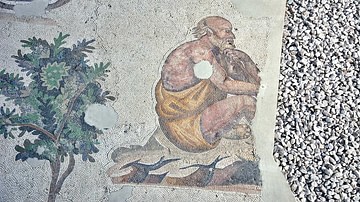
Article
Gorgias' On Nature (On the Non-Existent)
Gorgias of Leontini (l. c. 427 BCE) was a famous Greek Sophist who claimed that nothing exists and, even if it does, its nature cannot be understood and, even if it could be, one is not able to communicate that understanding to another person...
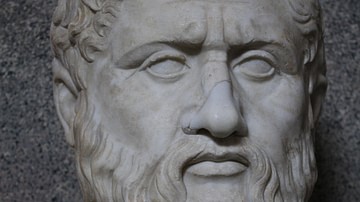
Definition
Plato
Plato (l. 424/423 to 348/347 BCE) is the pre-eminent Greek philosopher, known for his Dialogues and for founding his Academy in Athens, traditionally considered the first university in the Western world. Plato was a student of Socrates and...